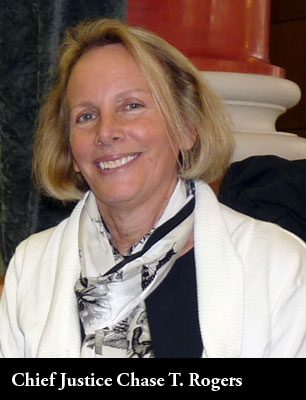
- Directories Home
- Administration - PDF
- Adult Probation
- Bail Services
- Court Service Centers
- Court Support Services
- Family Services
- Family Support Magistrates
- Geographical Areas
- Housing
- Judges
- Judicial Districts
- Juvenile Detention
- Juvenile Matters - PDF
- Juvenile Probation
- Law Libraries
- Magistrates - PDF
- Probate Courts
- Small Claims
- Staff Phone Directory
- State Marshals
- Support Enforcement
- FAQ Home
- About Attorneys
- Adult & Juvenile Offenses for 16-yr olds - PDF
- Adult Probation
- Americans with Disabilities Act
- Bail
- Child Support
- Connecticut Law Journal
- Court Records
- Divorce
- DOJ Civil Rights Complaints
- Domestic Violence
- E-filing FAQs - PDF
- Family
- Foreclosure Mediation
- How can I complain about a judge?
- Jury Service
- Juvenile Matters Links
- Juvenile Probation
- Juvenile Residential Services
- Landlord/Tenant/ Housing
- Language Help (LEP)
- Law Libraries FAQs
- Legal Clinics and Help
- Legal Notices by Publication
- Media
- Minimum Continuing Legal Education
- Online Dispute Resolution
- Prison Rape Elimination Act (PREA)
- Probate Court
- Representing Yourself
- Small Claims
- Traffic Violations
- Victim Services
- What is CSSD?

Remarks of Chief Justice Chase T. Rogers at the
30th Anniversary of the Appellate Court
October 3, 2013
Chief Judge DiPentima, my distinguished colleagues on
the Supreme and Appellate Courts, members of the bench and bar, and honored
guests: Good afternoon. It is my pleasure today to participate in
celebrating the 30th anniversary of the Appellate Court.
When the Appellate Court heard its first cases on Oct. 4, 1983, the five
original judges, under the leadership of Judge Joseph Dannehy and with the
support of a few law clerks and staff, took on the task of reducing a
significant backlog. Consider that in October 1983, most appeals in civil
cases had been pending on the Supreme Court’s docket for two years or more
without having been reached for oral argument – a situation inconceivable to
imagine today.
The newly-established Appellate Court started off with 215 cases transferred
to it from the Supreme Court. It received an additional 26 cases that had
not yet been heard by the now-defunct Appellate Session of the
Superior
Court. So I think it’s safe to say that the judges and staff had their work
cut out for them.
In the 30 years since then, the Appellate Court not only met expectations,
but exceeded them time and time again. This success is directly due to the
dedication of the judges and staff at the Appellate Court who have helped
ensure its status as an essential piece of our state court system.
There’s something else extraordinary about the Appellate Court that has
nothing to do with numbers, and I'm fortunate to have first-hand knowledge
of this aspect. If you ask anyone who has worked here – whether it was a
judge, a law clerk, or a permanent staff member – what was most memorable
about the time he or she spent here, the answer always seems to come around
to the spirit, camaraderie and collegiality that exists. I loved my time
here as an Appellate Court judge, and I've been known to mention that if you
want the best job in the system a good argument can be made that it's right
here.
In closing, I would like to take a moment to talk about the leadership at
the Appellate Court, although I’ll limit my comments to our two most recent
chief judges. This is because I know that Judge DiPentima will be speaking
about the other chief judges of the Appellate Court and specifically Judge
Dupont.
Judge Joseph Flynn was chief judge when I was on the Appellate Court. As
many of you know, Judge Flynn has many years of experience in private
practice and on the bench. He understands what lawyers and judges are up
against and anticipates how things will impact litigants as well as the bar.
He is very serious about that. For those of you who don't know, Judge
Flynn is also stubborn. His most amazing attribute is that while he may be
persistent, he is always the consummate gentleman who treats everyone with
respect and dignity.
Now, what can I say about Judge DiPentima? I appointed her to serve as
Chief Judge in March 2010, following Judge Flynn’s decision to become a
senior judge. I can describe her in one word: “perfect.” She is incredibly
thoughtful in her rendering of decisions as well as in her interactions with
people. She is inclusive and wants to hear from everyone, and because of
this, she is genuinely loved by the bench and the bar. She is a wonderful
consensus builder, and I am pleased to call her my colleague and my friend.
In conclusion, I want to thank you again for inviting me to speak today. It
is an honor to be part of this ceremony and to be with all of you.
Connecticut Judicial Branch Celebrates the 30th
Anniversary of the Appellate Court |
Remarks of Chief Judge DiPentima
Home | Common Legal Words | Contact Us | Related Links | Site Index | Website Awards | Policies and Disclaimers | CT.gov | Public Defender Services
Connecticut Judicial Branch © 2017